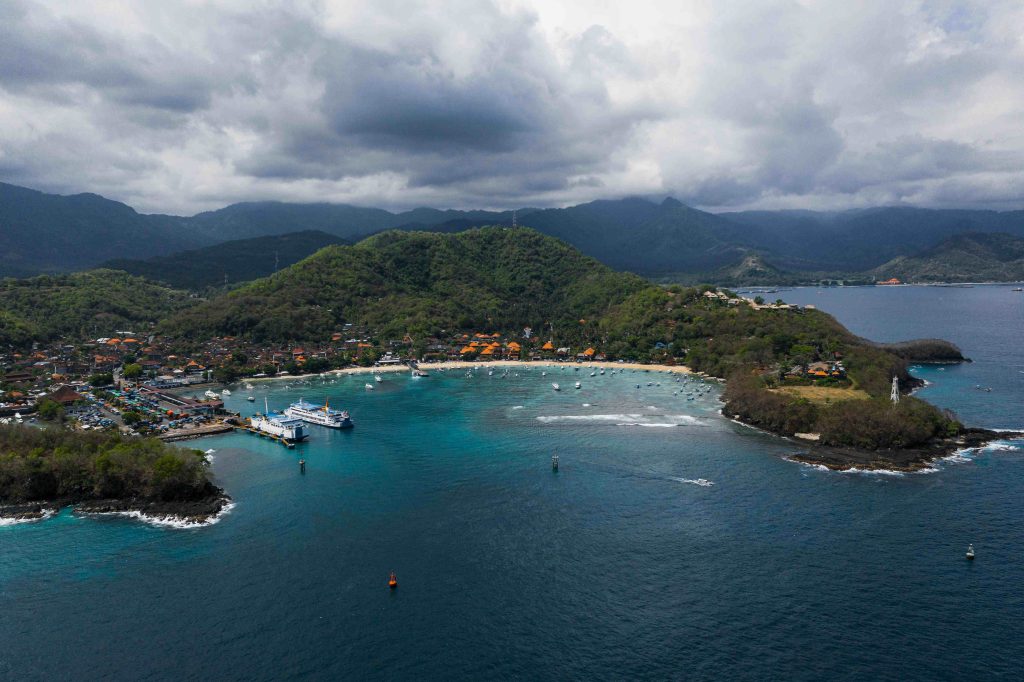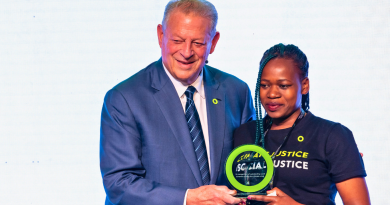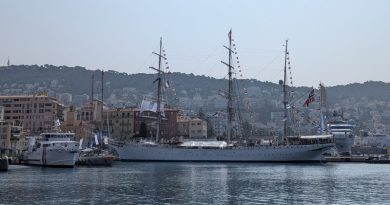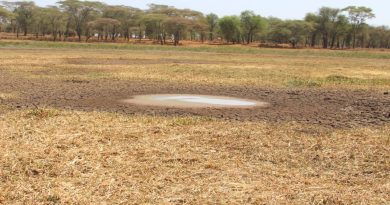The Great Blue Wall: Africa’s Bold Ocean Vision for a Circular Economy
By Carolyne Tomno

The Great Blue Wall is more than a Pan-African initiative is set to become a game-changing force reshaping the future of our oceans.
By restoring vital marine ecosystems and tapping into the immense potential of Africa’s blue economy, it is turning the tide on ocean degradation and driving a new wave of sustainable growth across the continent.
Barkha Mossaë,the regenerative blue economy manager at the international union for conservation of Nature{ICUN}, says the Great blue wall is an ambitious Plan and African effort to conserve marine ecosystems and transform the lives of coastal communities.
Speaking to Journalists during a workshop on circular economy in Zanzibar, she said the initiative aims to support regenerative blue
economies and build climate resilience across the western Indian ocean{WIO}
What Is the Great Blue Wall?
According to Barkha the blue wall links socio-ecologically significant “seascapes” across countries like Kenya, Tanzania, Madagascar, and Mozambique, forming a “living blue belt” of protected and restored ocean ecosystems.
The vision of the initiative is to Protect 2 million km² of ocean, restore 2 million hectares of coastal ecosystems, and create 2 million blue jobs all by putting communities at the heart of ocean action.
“This is Africa leading the way in building a regenerative relationship with the ocean, the Great Blue Wall is about protecting nature, empowering people, and innovating for the future.” says Barkha
She however says that many businesses in the blue economy sector lacked international funding.
She challenged African entrepreneurs in the blue economy, to look for local funding. “We must unlock sources of funding within the continent by looking for sustainable sources of funding .” She said.
Addressing challenges in the Circular Economy
She added that The strength of the Great Blue Wall lies in its network of regional and global partnerships, from the African Union and United Nations, to local governments, scientists, and communities.
The initiative promotes knowledge sharing between the Afro-Pacific and Global South, linking island states with shared challenges and aspirations.
The Great Blue Wall also recognizes plastic crisis as a key barrier to marine sustainability. In Cabo Verde, Comoros, Madagascar, Mauritius, São Tomé and Príncipe, Seychelles, and Zanzibar.
plastic pollution is compounded by a lack of recycling infrastructure and industry support.
Waste is often landfilled or worse, dumped leading to significant leakage into the ocean.
To tackle this, the GBW initiative is driving a comprehensive circular economy transformation, through projects like IslandPlas.
Ghaamid Abdulbasat,the Regional Ocean Communications lead at the International Union for the conservation of Nature, Eastern and Southern Africa says Changing the narrative is key in unlocking the potential in the blue economy sector in Africa.
Speaking during the workshop on circular economy for Journalists in Zanzibar Ghaamid said that the blue wall is a catalyst and accelerator to develop the marine economy in the global south.
”Great blue wall and the circular economy is not just about conservation, it is about turning challenges into opportunities”.Ghaamid says
Combating plastic pollution
The IslandPlas is one of the GBW’s flagship responses to the plastic problem. It aims to transition seven small island states toward zero plastic waste, through Community based plastic collection hubs are being established to buy plastics from informal waste workers, local Non -Governmental Organizations, and community groups thereby boosting incomes and improving waste flow tracking through material recovery facilities (MRFs)
Through the initiative ,one MRF per island is being set up, equipped with appropriate sorting, shredding, and compacting technologies.
Reverse Logistics systems are also being designed to collect and transport waste efficiently to the MRFs ,closing the loop on plastic waste.
Innovation Incubators
The program supports entrepreneurs and start-ups developing recycled plastic products, plastic alternatives, and tracking tools that enhance the circular economy.
“IslandPlas is about more than recycling. It’s about justice, jobs, and innovation,” “It’s about giving value to waste and dignity to those who manage it.”says Ghaamid
The Targeted Impact:14,000 tons of plastic waste collected,5600 tons of plastic recycled,9600 informal waste workers supported, with a focus on women and youth and $2 million in private capital catalyzed for circular economy innovation
Protecting and empowering
As the climate crisis intensifies and marine ecosystems face unprecedented pressure, Africa is charting a new course.
With the Great Blue Wall, the continent is proving that bold, inclusive, and science-backed action is not only possible but it’s already happening.
From plastic-free islands to blue jobs for youth, the movement is building resilience
from the coastlines up.
.



